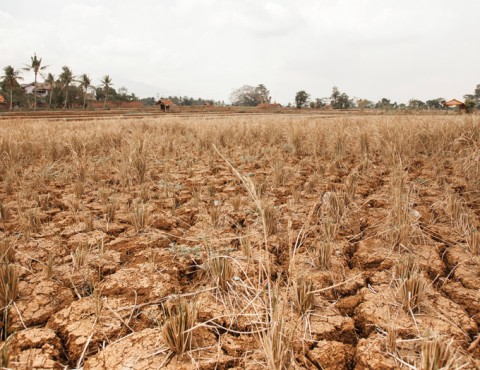Temperature rising: Climate crises in Africa

Climate change is with us. We felt it long ago,” observed Makoma Lekalakala, a program officer with Earthlife Africa who got her start in grassroots activism during the years of apartheid. These days she visits poor and rural areas of South Africa where people are complaining about rising food prices and water shortages. Her focus is on climate change. “Food is expensive because the weather patterns are not like before,” she explained. “The youngsters think that this is how things are, but the older people will tell you: ‘There’s something wrong, but we don’t know what to call this something. We think God is angry.’”
People across the continent are trying to understand and adapt to the changing weather. During a two-week visit to southern Africa last year, I heard the same story over and over again, from activists like Lekalakala to Botswana meteorologist Dorcas Masisi, who confirmed that climate change had decreased food production and increased water scarcity.
“It’s not just that the average temperature has risen,” Masisi said from her office in Gaborone. “There are fewer days with the minimum temperature. The maximum temperature is rising. The extreme high used to be 42 degrees Celsius [107.6 degrees Fahrenheit] and now that’s not an extreme.”




